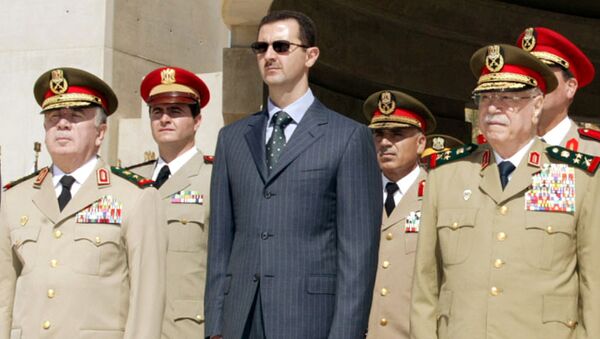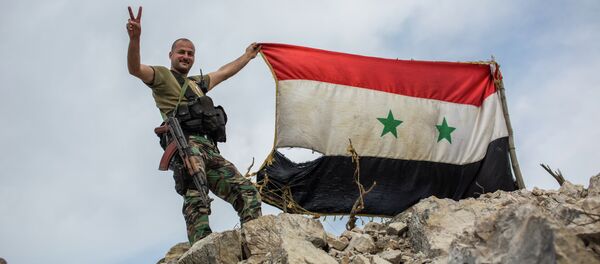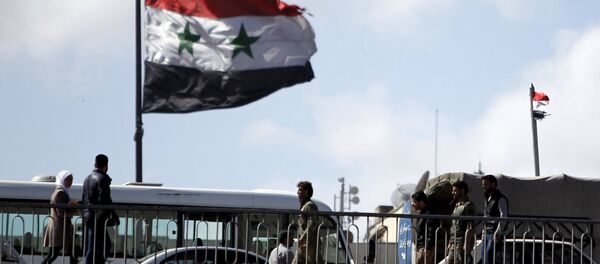As of 2017, thousands of Hezbollah troops, and other foreign militiamen, fight alongside the Syrian Army and other pro-government groups, such as the National Defence Force (NDF). Several advisers from Iran's Islamic Revolutionary Guard Corps (IRGC) are also embedded within Syria's armed forces.
"They went to fight the enemy and if they did not fight, this enemy would be inside the country. If they were not stopped, we would have to fight them in Kermanshah and Hamedan (provinces in Iran)," Supreme Leader of Iran, Ayatollah Ali Khamenei said, defending his country's military involvement in Syria.
Such groups are active on many fronts in Syria, and have been the spearheading force on a number of operations; Hezbollah was instrumental to the retaking of the town of Yabrud in 2014, and they continue to play a major role in military operations against Islamist militants in Syria, especially near the Syria-Lebanon border.
Given Syria's increasing reliance on its political partners, some may suggest that the Syrian government is no longer able to act independently, and may find itself acting against the national interest due to pressure from its partners.
Furthermore, due to the use of groups, Syrian and foreign, that are loosely affiliated with the government, President Bashar al-Assad's ability to maintain stability, and the enforcement of the law, has been questioned.
However, President Assad's recent speech, in which he addressed members of his cabinet and other officials, seems to contradict the above arguments, and suggests that the Syrian government is able to exert influence throughout Syria.
In his extended speech, which is over 30 minutes long, he stressed that everyone, including members of his government, high ranking officers in the army and the various intelligence directorates, should improve "their conduct," and must adhere to protocols, as any other member of the public would, e.g. stopping at checkpoints.
In the subsequent days, reports emerged that several vehicles belonging to members of the security apparatus were stopped and cautioned for not displaying number plates, and other infringements. A similar event, involving a relative of the Syrian Prime Minister, was also reported.
The measures, which President Assad is attempting to enforce to a higher standard, are designed to improve security, while also tackling nepotism and corruption. The President's speech, and following enforcement of the outlined practices, serves as an indication of the Syrian government's control in areas under its sanctity. It is now clear that President Assad intends to maintain stability, and keep members from affiliated groups, such as the NDF, in line.
However, although his domestic influence has been corroborated, it remains unclear if Syria remains wholly independent of its regional and international allies when making key decisions. Over the duration of the ongoing crisis, there hasn't been any indication of Syria's allies forcing its hand in its policy-setting or decisions (against the national interest.)
In any case, this is less of a concern, as their interests are likely to continue to overwhelmingly be aligned in the future, as they have been for several decades.
The views expressed in this article are solely those of the author and do not necessarily reflect the official position of Sputnik.






